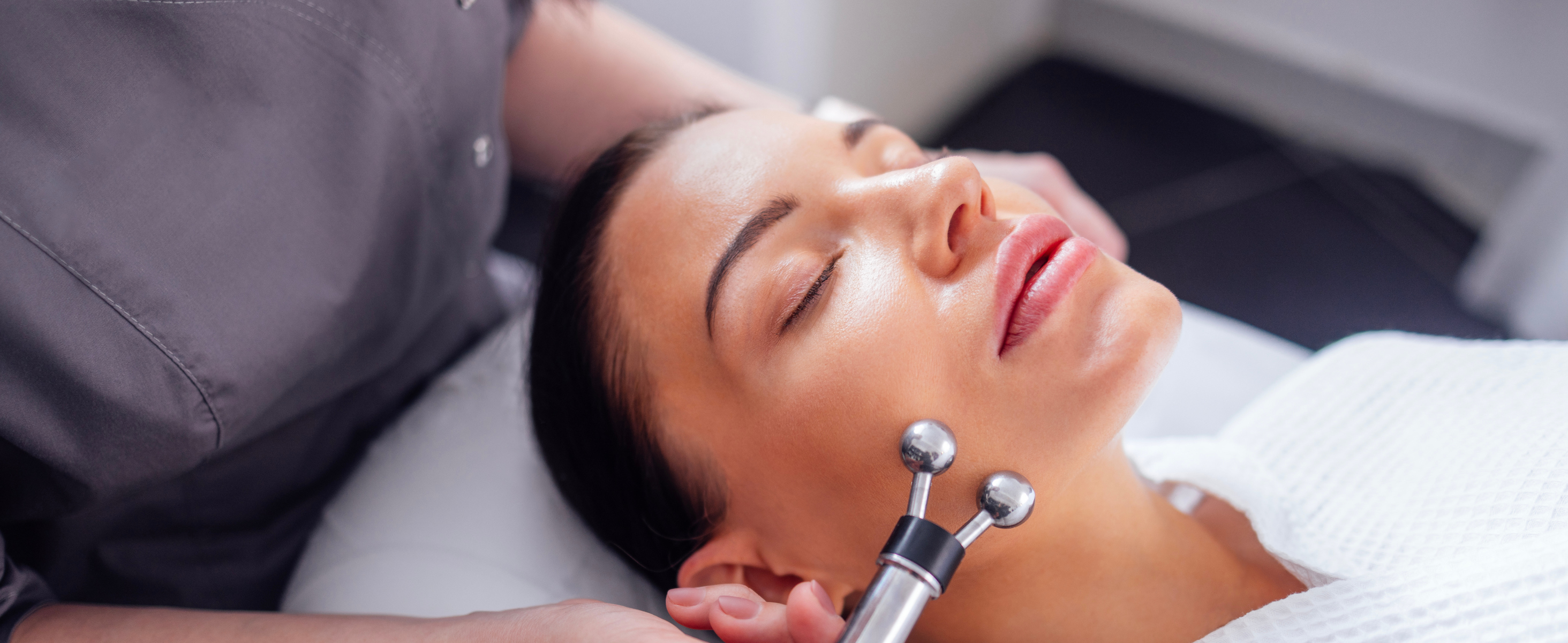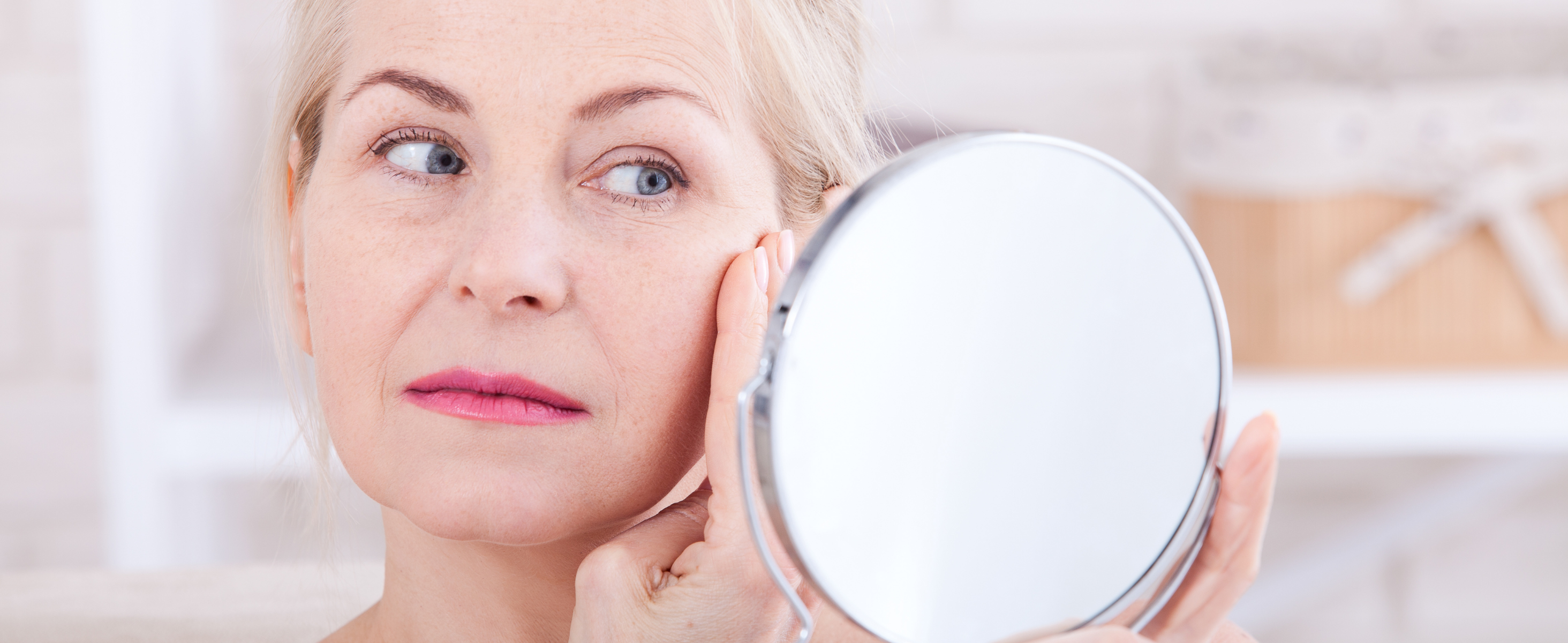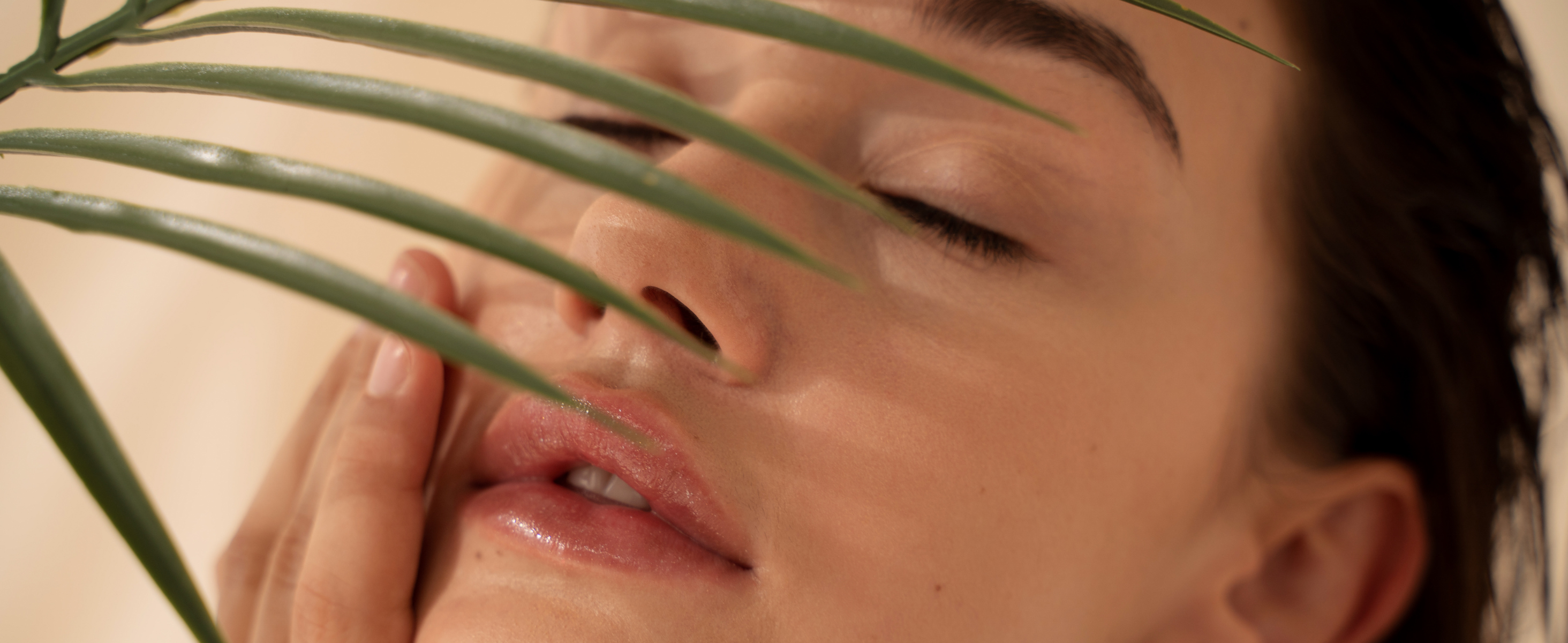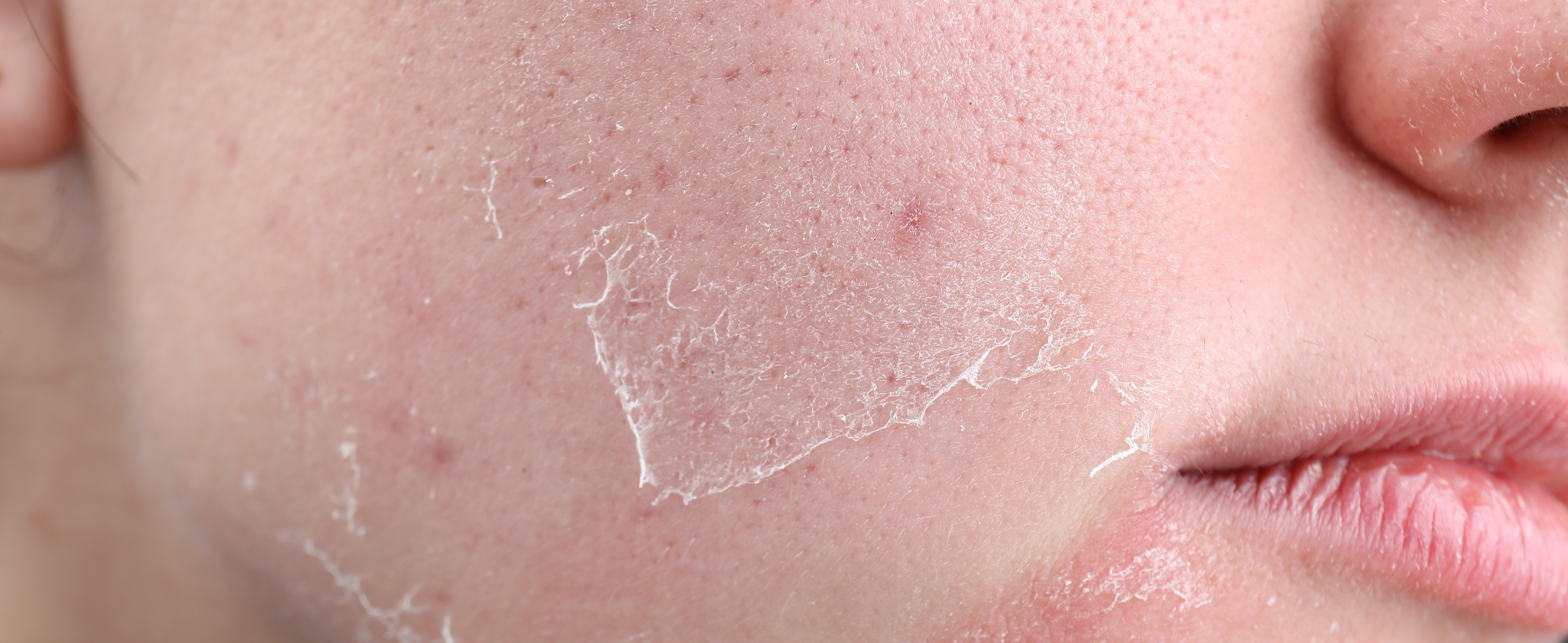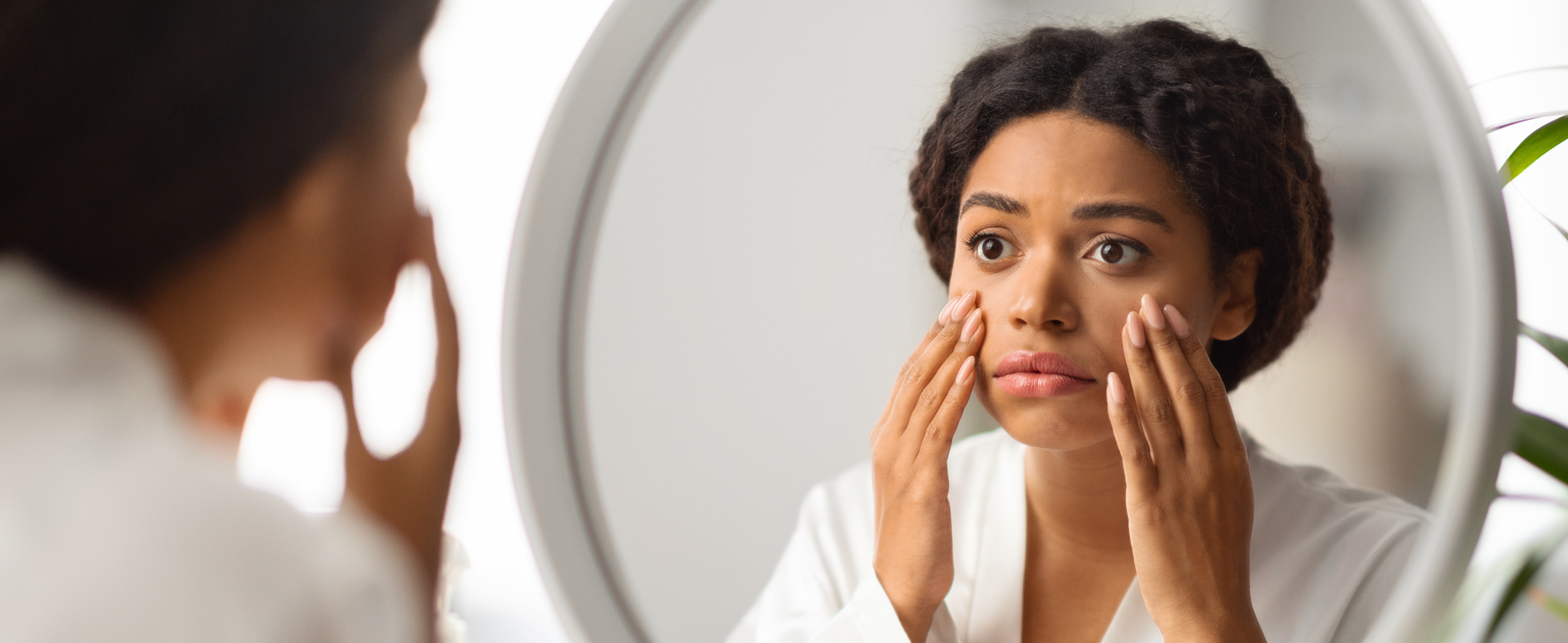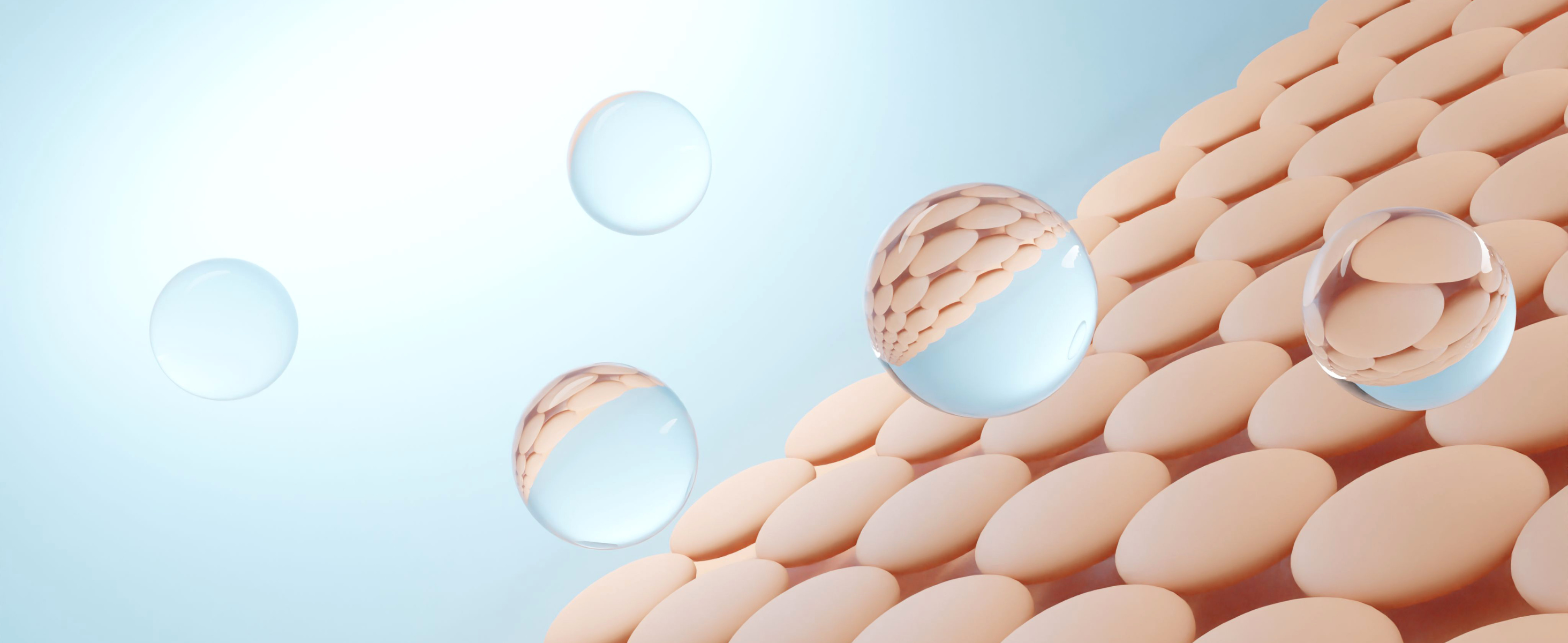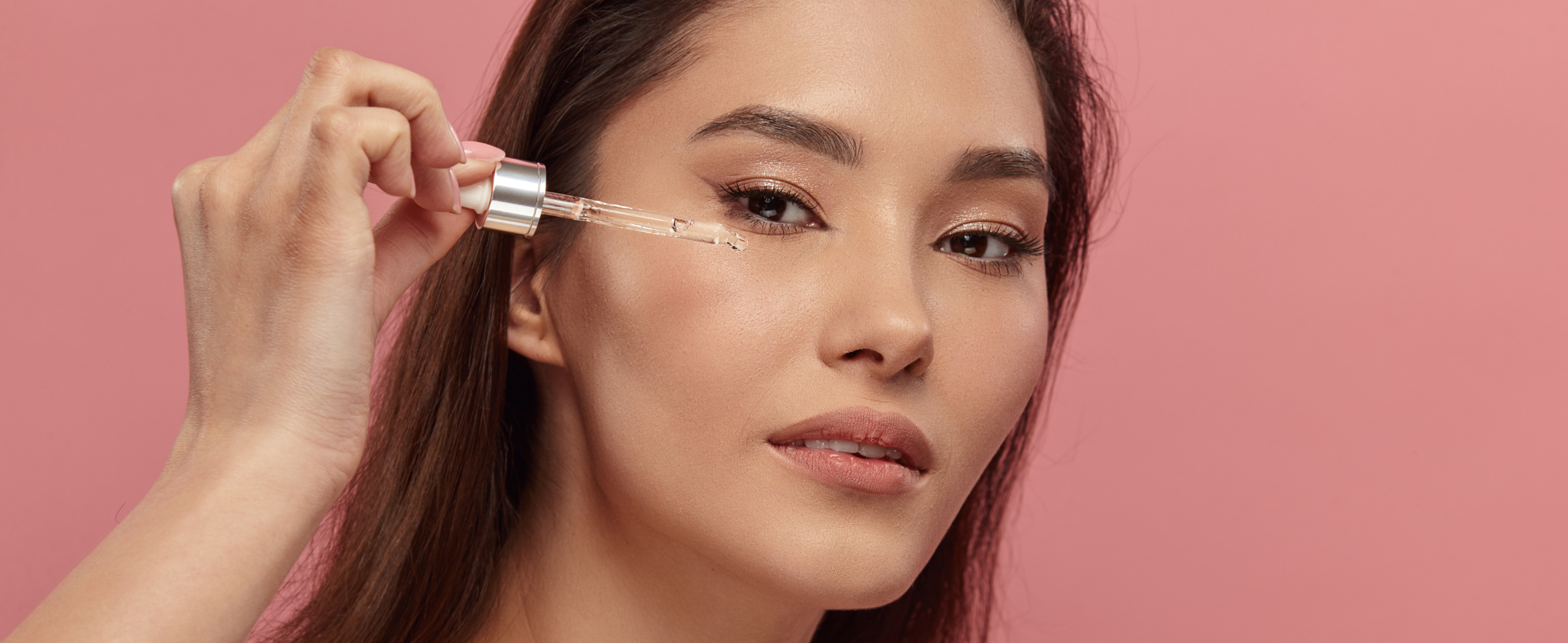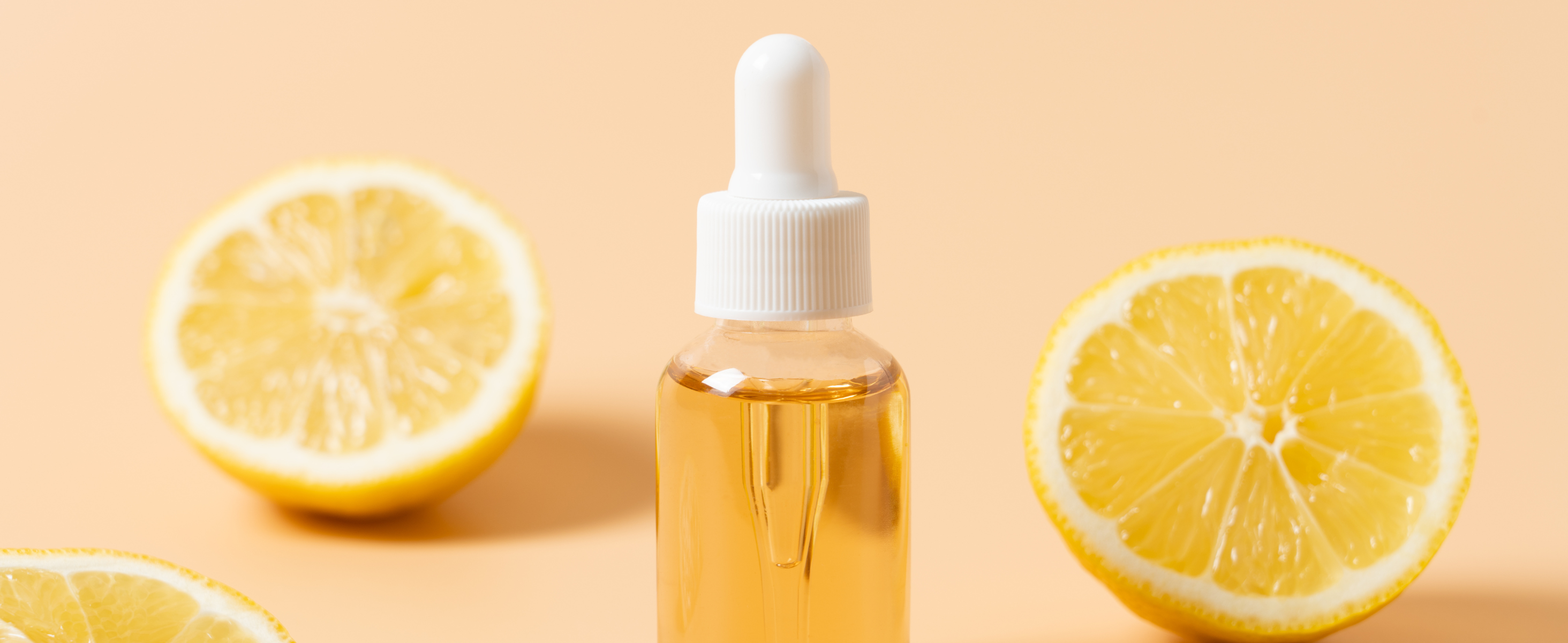Since wrinkles are a normal part of your body’s aging process, they don’t need treatment. However, if you don’t like how wrinkles look on your skin, there are various treatment options available to cosmetically improve your appearance
Treatment options for wrinkles?
Retinoids
Retinoids, including retinol, retinal aldehyde, retinyl esters, adapalene, tazarotene, and tretinoin, are derived from vitamin A and help reduce fine lines and wrinkles while improving skin texture, pigmentation, and hydration. Abera Wrinkle Cream is formulated with potent retinoids that penetrate deep into the skin layers to stimulate collagen and elastin production, restoring skin firmness and preventing wrinkles. Applying Abera Wrinkle Cream daily can help maintain youthful, smooth skin.
Micro-needling
Micro-needling is a rejuvenation procedure that uses tiny needles to create micro-wounds in the epidermis. This stimulates collagen and elastin production, effectively reducing wrinkles and fine lines over time.
Microdermabrasion
Microdermabrasion gently removes the outer layers of the skin, improving scars, stretch marks, discoloration, and sun damage.
Dermabrasion
Dermabrasion scrapes away the top skin layers, reducing deep wrinkles and irregular skin depressions for a smoother, younger-looking complexion.
Chemical Peels
Chemical peels dissolve skin imperfections using small amounts of a chemical solution, promoting new, healthy skin growth. This treatment effectively minimizes wrinkles, discoloration, and scars.
Laser Skin Resurfacing
Laser treatments reduce facial wrinkles and irregularities caused by sun damage or acne. Laser beams stimulate collagen production and improve skin texture.
Ideal candidates for laser resurfacing include those with:
-
Fine lines under or around the eyes, forehead, or mouth.
-
Wrinkles from sun exposure.
- Acne scars.
Fillers
Hyaluronic acid-based fillers can lift skin and smooth deep wrinkles, commonly used around the mouth, nose, and chin for a youthful appearance.
Facelift
A facelift is a surgical procedure that removes excess skin and fat while tightening muscular and connective tissue layers to reduce wrinkles.
Who is a good candidate for wrinkle treatments?
Wrinkle treatments are optional, but many people aged 40 to 55 seek them to improve their skin's appearance. If you’re concerned about wrinkles, treatments can help you achieve smoother, younger-looking skin.
How common are wrinkle treatments?
Non-surgical wrinkle treatments are very common. In 2020, more than 4 million wrinkle-relaxing injections were performed.
Procedure Details
What happens before a wrinkle treatment?
Before any procedure, you’ll consult with a healthcare provider to discuss your skin concerns, medical history, and treatment goals. They will recommend the most suitable options for your skin type and needs. Sun protection is often advised before undergoing treatments.
What happens during a wrinkle treatment?
Most non-surgical procedures, including micro-needling, dermabrasion, and laser treatments, are performed in-office. The provider cleanses the skin, applies numbing agents if necessary, and uses specialized tools to perform the treatment.
Surgical procedures like facelifts require general anesthesia and a longer recovery period.
What happens after a wrinkle treatment?
Post-procedure care is essential for recovery and includes:
- Avoiding strenuous activities.
- Not rubbing treated areas.
- Applying ice packs to reduce swelling.
- Keeping the skin moisturized.
- Using sunscreen to protect against UV damage.
- Staying hydrated.
Risks & Benefits
Benefits of wrinkle treatments:
- Reduces wrinkles, dark spots, and blemishes for a youthful appearance.
- Boosts confidence and self-esteem.
- Some procedures provide immediate results.
Potential risks:
- Allergic reactions.
- Skin irritation or changes in pigmentation.
- Temporary or permanent bumps under the skin.
- Infection or scarring.
- Bruising or swelling.
Before starting any treatment, consult a professional to discuss risks and proper aftercare.
Recovery & Outlook
How long is the recovery time?
Recovery varies depending on the treatment:
- No downtime: Wrinkle-relaxing injections.
- 1-3 days: Micro-needling, fillers.
- 1-3 weeks: Dermabrasion, chemical peels, laser treatments.
- 3+ weeks: Facelift.
Will I need multiple treatments?
Some procedures require multiple sessions for optimal results. Treatments that last up to six months include:
- Micro-needling
- Chemical peels
- Wrinkle-relaxing injections
- Fillers
Laser resurfacing results can last up to five years, while facelifts last 7-10 years. Dermabrasion results are often permanent.
When to Contact a Doctor
See your provider if:
- You develop a fever.
- Swelling doesn’t decrease.
- Your skin isn’t healing properly.
- The treated area is painful, bleeding, or showing signs of infection.
FAQs
Can wrinkles be permanently removed?
Certain treatments, like dermabrasion and facelifts, offer long-lasting results. Non-surgical treatments provide temporary improvements, but regular sessions help maintain a youthful appearance.
At what age do wrinkles appear?
Most people notice fine lines around age 25, which deepen into wrinkles as collagen production decreases.
Does Abera Wrinkle Cream help with wrinkles?
Yes! Abera Wrinkle Cream is formulated with powerful retinoids and hydrating agents to minimize fine lines and wrinkles while improving skin texture. With consistent use, it promotes a firmer, more youthful complexion.

